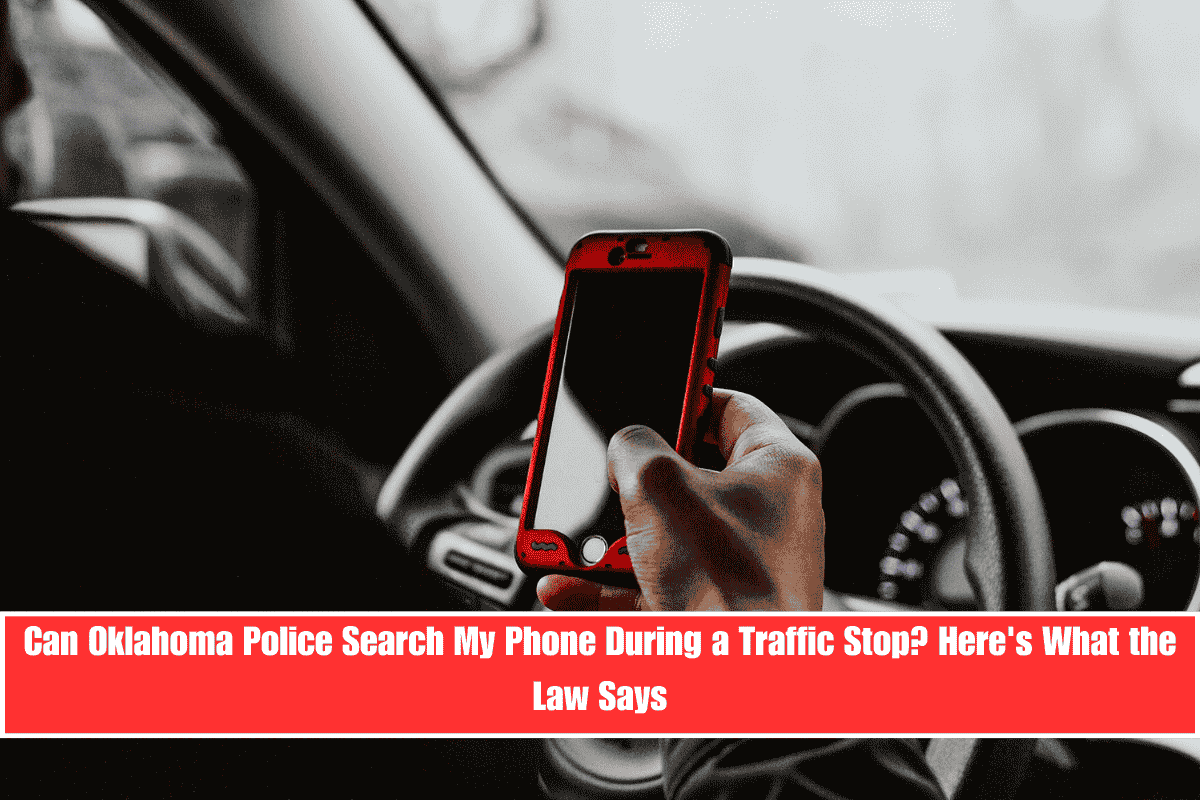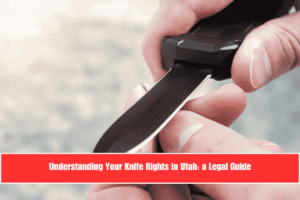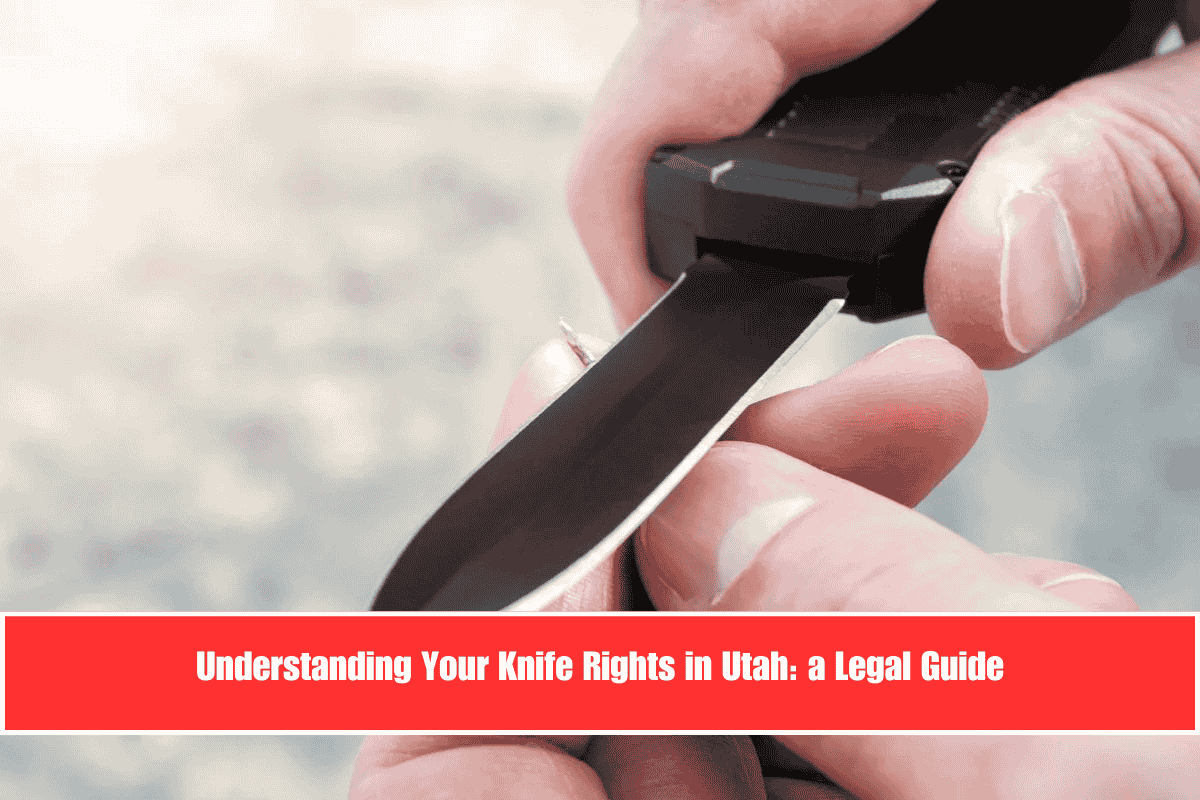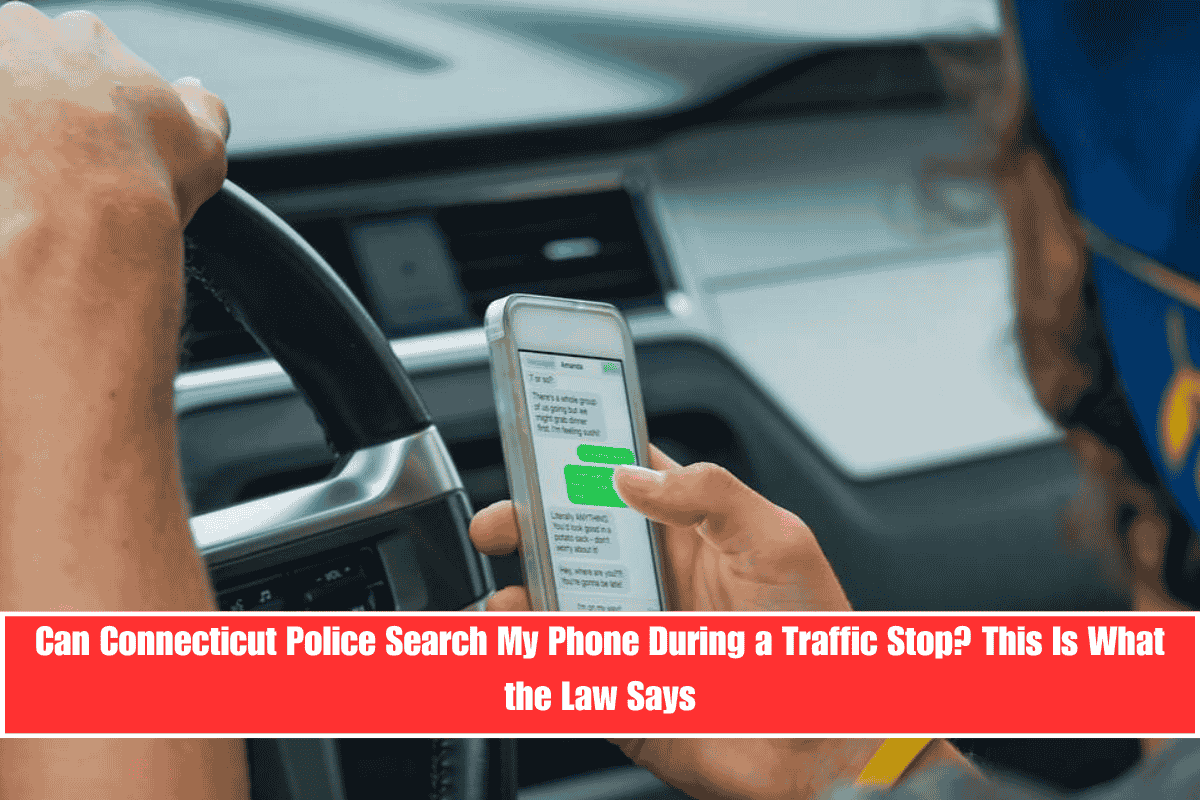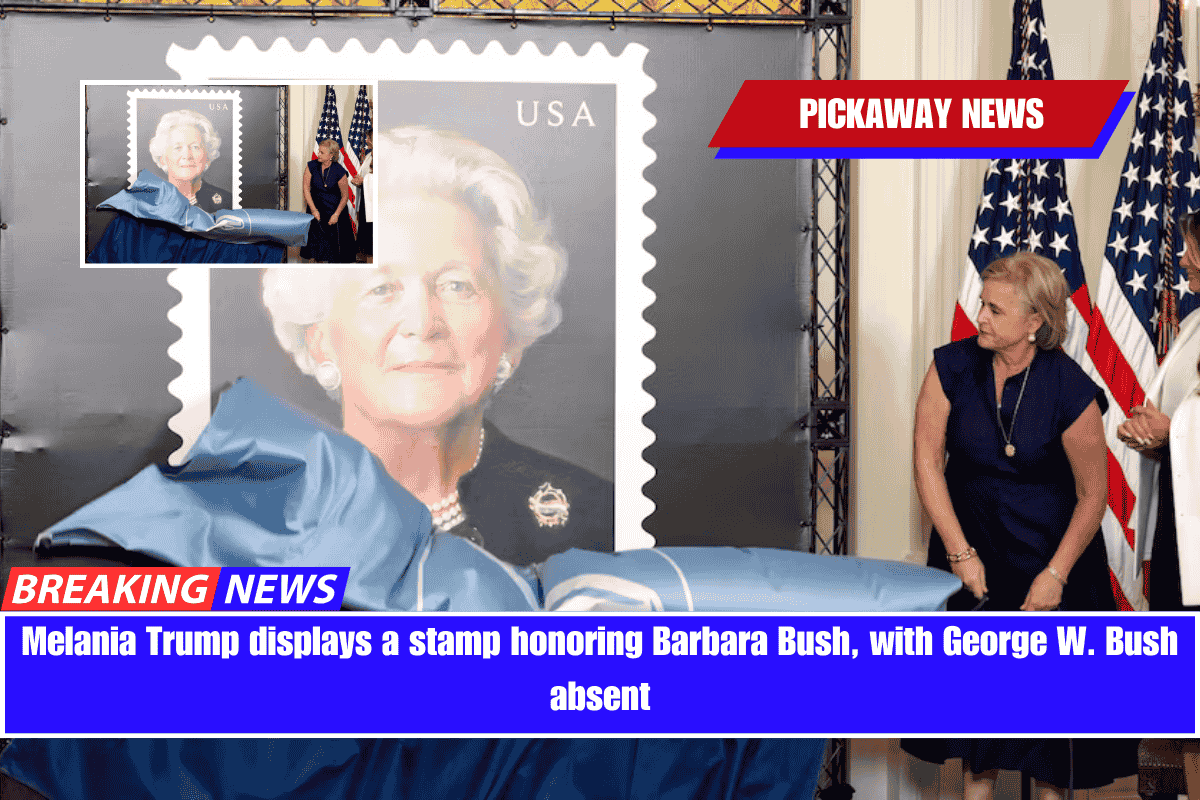Oklahoma police cannot search your phone during a traffic stop without a warrant or your consent, except in rare emergency situations. This rule is based on both state and federal law, including a landmark 2014 U.S. Supreme Court decision (Riley v. California) that specifically protects the digital contents of cell phones from warrantless searches.
Key Points:
- Warrant Requirement: Police officers in Oklahoma must obtain a search warrant before accessing the contents of your phone, even if you are arrested during a traffic stop.
- Consent: If you voluntarily give the officer permission to search your phone, they do not need a warrant. Never feel obligated to consent; you have the right to refuse.
- Seizure vs. Search: Officers may seize (take possession of) your phone as evidence if they believe it is connected to a crime, but they cannot search its contents without a warrant or your consent.
- Exceptions: The only exceptions to the warrant requirement are:
- Exigent Circumstances: If there is an immediate threat (for example, to prevent destruction of evidence or respond to an emergency), police may search without a warrant, but this is rare and must be justified.
- Plain View: If evidence is visible on your phone’s screen without any search (for example, an incriminating message or image is displayed while the phone is unlocked and visible), that evidence may be seized.
- Search Incident to Arrest: Unlike other items you carry, your phone cannot be searched simply because you are arrested. Oklahoma law enforcement must still get a warrant unless an exception applies.
What Should You Do If Asked to Unlock Your Phone?
- You are not required to provide your passcode or unlock your phone for police unless they have a warrant.
- Clearly state, “I do not consent to a search of my phone.”
- If you are pressured or threatened, remain calm and repeat your refusal.
Table
| Situation | Can Police Search Your Phone? | Notes |
|---|---|---|
| Routine traffic stop | No | Warrant or consent required |
| After arrest (incident to arrest) | No (warrant usually required) | Exception: Exigent circumstances or consent |
| You give consent | Yes | You can refuse consent |
| Exigent circumstances (emergency) | Possibly | Must be justified; rare |
| Evidence in plain view on unlocked phone | Possibly | Only what is immediately visible |
Oklahoma police generally cannot search your cell phone during a traffic stop without your consent or a warrant. If you do not consent, they must obtain a warrant unless there is a true emergency. If your rights are violated, evidence from an illegal search may be suppressed in court.
Sources
[1] https://www.kanialaw.com/criminal-defense-lawyers/what-are-my-rights-when-im-pulled-over-by-the-police-in-tulsa
[2] https://law.justia.com/cases/oklahoma/court-of-appeals-criminal/2014/s-2013-767.html
[3] https://www.youtube.com/watch?v=xEbH4UEzCq4
[4] https://law.justia.com/cases/oklahoma/court-of-appeals-criminal/2024/s-2023-1045.html
[5] https://oklahoma.gov/okdhs/library/policy/current/okdhs/chapter-2/subchapter-7/searches-without-a-warrant.html
